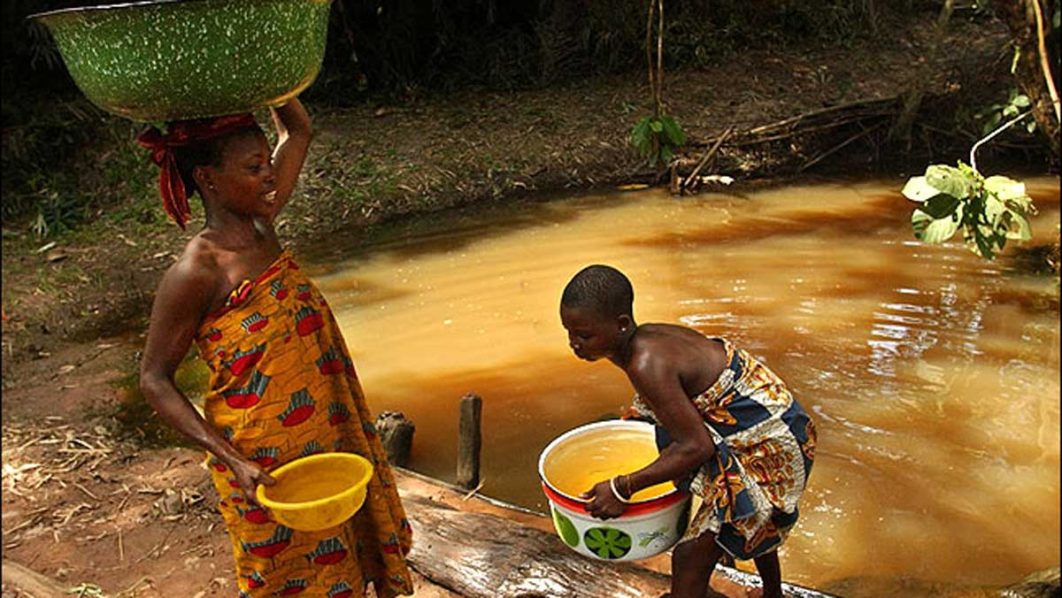
As part of the programmes commemorating the World Water Day (WWD), the Rural Community Development Outreach (RCDO) has urged the Federal Government to improve on its systems to address the water crisis in Nigeria.
The Non-Government Organisation (NGO) lamented that poor access to clean water, which is threatening the lives of over 78 millon children and millions more in the country’s rural communities.
RCDO, which is based in Nigeria, said its membership is spread across the rural communities in the six geo-political zones of the country, adding that studies showed that various governments paid just lip service to the issue of water supply.
The National Coordinator of RCDO, Mr. Ikenna Ellis-Ezenekwe, and National Secretary, Okwudili Onyeke, stated in Abuja that estimates by the United Nations Children’s Fund (UNICEF) showed that over 78 million of Nigerian children were endangered and found themselves at risk of water-related diseases.
According to the group, an existential threat looms dangerously may overwhelm the country’s health sector.
It stated: “Already, Nigeria is one of the 10 countries that carry the heaviest burden of child deaths from diseases caused by inadequate attention to water supply, sanitation and hygiene such as diarrhoea. In Nigeria, one-third of children do not have access to at least basic water at home, and two-thirds do not have basic sanitation services.
“Not minding that Nigerian households, according to the Federal Ministry of Water Resources, spent over N4 trillion on water sanitation and hygiene services yearly in 2019 and 2020, majority of the rural communities find themselves without access to safe usable water. Many are left with no options than to rely on polluted and highly contaminated water streams for drinking water and other uses.”
While noting that most state governments adopted the concept of sinking water boreholes as a solution to the unavailability of safe water, the group remarked: “But boreholes do not address the safety problem. Government should look beyond the sinking of water boreholes as solution to safe drinking water. This government must conceive a plan, a real implementable plan, for delivering safe drinking water to every home in, particularly in the rural communities. It should be considered as important as building roads and hospitals.”



